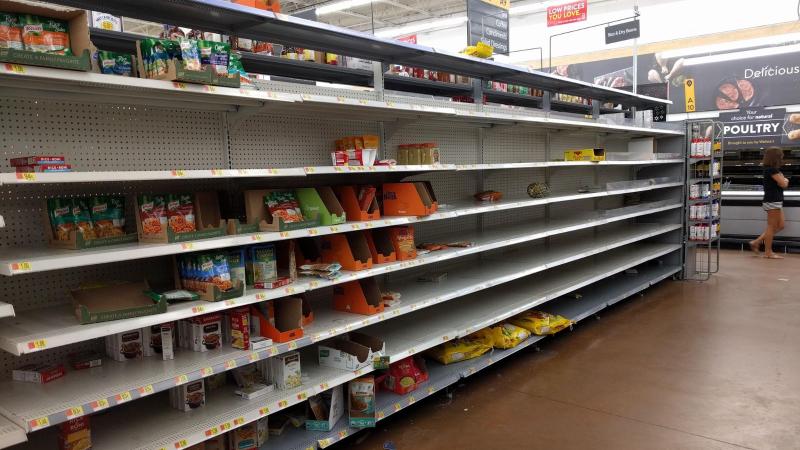
Mitigating risks associated with weather events, market fluctuations, and supply chain disruptions is central in the resilience and sustainability of Agri-SMEs. By implementing certain strategies, Agri-SMEs can strengthen their resilience to various risks and uncertainties, ensuring their ability to thrive in a dynamic and challenging operating environment. Here are some strategies to address these challenges:
1. Diversification of Products and Markets:
Diversify your product offerings to reduce reliance on a single crop or commodity that may be susceptible to weather-related risks. Expand into multiple markets to spread out risks associated with market fluctuations and changes in demand.
2. Weather Risk Management:
Invest in weather forecasting technologies and services to anticipate and prepare for potential weather events. Implement agronomic practices that improve resilience to adverse weather conditions, such as soil conservation, irrigation management, and crop rotation.
More so, consider purchasing weather insurance or entering into hedging contracts to mitigate financial losses resulting from weather-related crop damage.
3. Market Intelligence and Risk Assessment:
Stay informed about market trends, price fluctuations, and demand-supply dynamics through market research and intelligence gathering through conducting risk assessments regularly to identify vulnerabilities in your supply chain and market exposure.
4. Flexible Pricing and Contracting:
Adopt flexible pricing strategies and contracting arrangements that provide some protection against market volatility whilst using futures contracts, forward contracts, or price hedging mechanisms to lock in prices and minimize exposure to price fluctuations.
5. Supply Chain Optimization:
Build resilience into your supply chain by diversifying suppliers, establishing alternative transportation routes, and maintaining buffer stocks as a way of developing contingency plans and collaborating closely with key suppliers and logistics partners to address potential disruptions proactively.
6. Collaboration and Partnerships:
Forge strategic partnerships with other stakeholders in the agriculture value chain, such as input suppliers, distributors, and retailers, industry associations, research institutions and government agencies to share risks, access resources and support for risk management initiatives.

